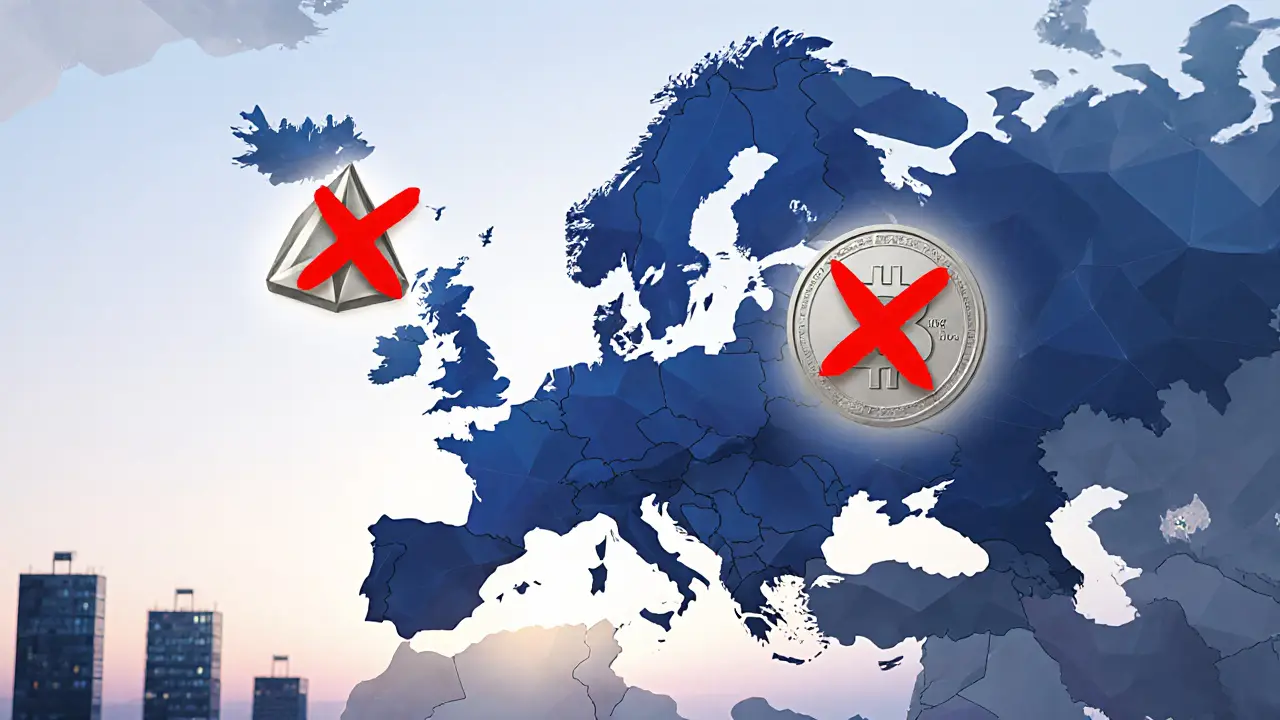AML Regulation: What It Means for Crypto Traders and Exchanges
When dealing with AML regulation, a set of laws designed to prevent money laundering and terrorist financing. Also known as anti‑money‑laundering rules, it forces financial services to verify where funds come from and where they go. In the crypto world, this means every platform must embed strong KYC, Know‑Your‑Customer checks that link an on‑chain address to a real identity before letting users trade or withdraw large sums.
Two major bodies drive the global AML framework. The United States' FinCEN, the Financial Crimes Enforcement Network, issues guidance that crypto exchanges must follow to report suspicious activity. Across the Atlantic, the FATF, the Financial Action Task Force, sets international standards that influence how nations write their own AML laws. The interplay between these agencies creates a chain of obligations: AML regulation requires robust KYC, KYC feeds data into FinCEN reporting, and FinCEN compliance aligns with FATF recommendations.
Key Compliance Elements You’ll Meet
For anyone building or using a crypto exchange, three practical checkpoints dominate the checklist. First, transaction monitoring tools must flag patterns that resemble layering or structuring – classic money‑laundering tactics. Second, a dedicated compliance officer should oversee AML policy updates, especially when new tokens launch (as seen in many airdrop reviews). Third, regular security audits help prove that on‑chain data isn’t being tampered with, reinforcing the credibility of AML reports. These steps tie directly back to the core triple: AML regulation requires KYC, KYC feeds FinCEN reports, and FinCEN aligns with FATF standards.
Understanding AML regulation isn’t just for compliance teams. Traders who ignore the rules may face frozen accounts, unexpected tax liabilities, or even legal action. By staying aware of how KYC, FinCEN, and FATF interact, you can navigate the space with confidence and avoid costly surprises. Below you’ll find a curated set of articles that dig into exchange reviews, airdrop compliance, security audits, and the latest regulatory shifts shaping the crypto market.

The EU will ban Monero and Zcash on regulated platforms by July2027, reshaping privacy‑coin use and forcing users and businesses to adapt to new AML rules.
- Read More
